Counter top material
mimsic
17 years ago
Featured Answer
Comments (19)
steve_o
17 years agoRelated Professionals
Bridgetown Landscape Architects & Landscape Designers · Broadlands Landscape Contractors · Haverhill Landscape Contractors · Indio Landscape Contractors · Marlborough Landscape Contractors · Tamarac Landscape Contractors · West Coon Rapids Landscape Contractors · Lake Shore Carpenters · Plainfield Carpenters · Woodbury Carpenters · Claremont Fence Contractors · Gresham Fence Contractors · Kuna Fence Contractors · San Fernando Fence Contractors · Tallahassee Fence Contractorsesga
17 years agobry84
17 years agosteve_o
17 years agodeenoel
17 years agosteve_o
17 years agoadunate
17 years agosteve_o
17 years agotrillium26
17 years agomacbirch
17 years agoallmistone
13 years agokirkhubb
12 years agoCascoBay
12 years agogunnersm8
12 years agoRpR_
12 years agogreenzebra7
9 years agomarketer70
7 years agolast modified: 7 years agospedigrees z4VT
7 years agolast modified: 7 years ago
Related Stories
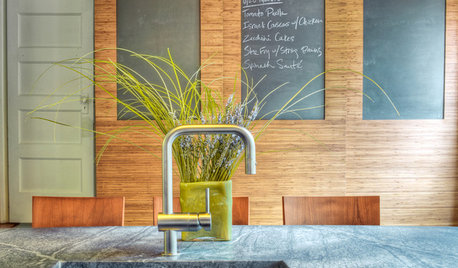
MOST POPULARYour Guide to 15 Popular Kitchen Countertop Materials
Get details and costs on top counter materials to help you narrow down the choices for your kitchen
Full Story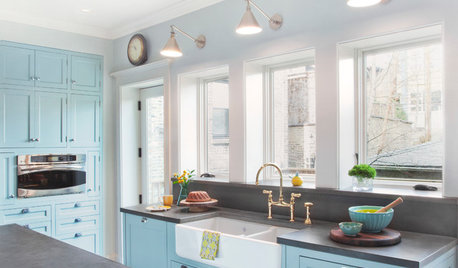
KITCHEN BACKSPLASHES10 Top Backsplashes to Pair With Concrete Counters
Simplify your decision making with these ideas for materials that work well with concrete
Full Story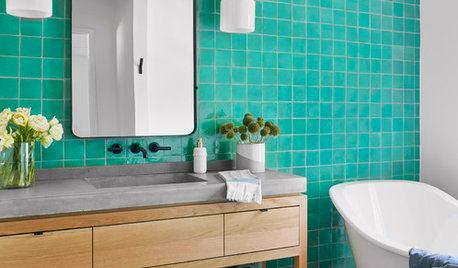
BATHROOM DESIGNBathroom Countertops 101: The Top Surface Materials
Explore the pros and cons of 7 popular bathroom countertop materials
Full Story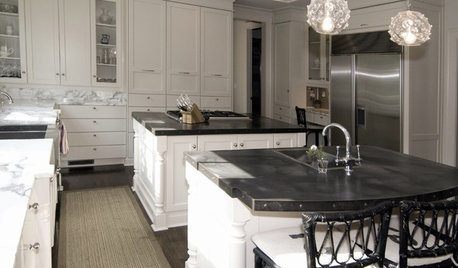
KITCHEN COUNTERTOPSKitchen Countertop Materials: 5 More Great Alternatives to Granite
Get a delightfully different look for your kitchen counters with lesser-known materials for a wide range of budgets
Full Story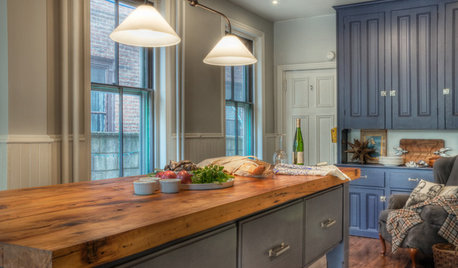
KITCHEN DESIGNEco-Friendly Materials: Kitchen Countertops
Going green in the kitchen opens the door to unusual countertop materials that are beautiful, durable and kind to the planet
Full Story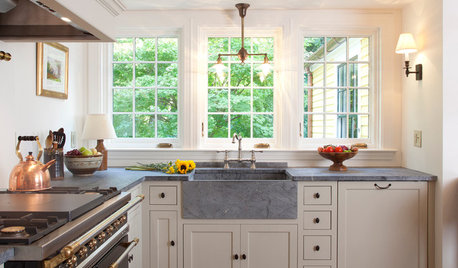
KITCHEN COUNTERTOPS10 Top Backsplashes to Pair With Soapstone Countertops
Simplify your decision-making process by checking out how these styles work with soapstone
Full Story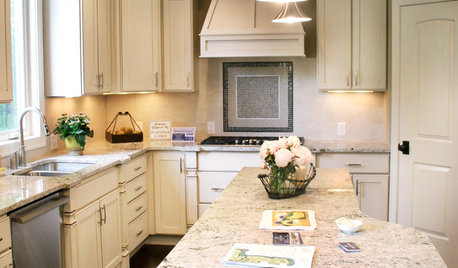
KITCHEN DESIGNKitchen Countertops 101: Choosing a Surface Material
Explore the pros and cons of 11 kitchen countertop materials. The options may surprise you
Full Story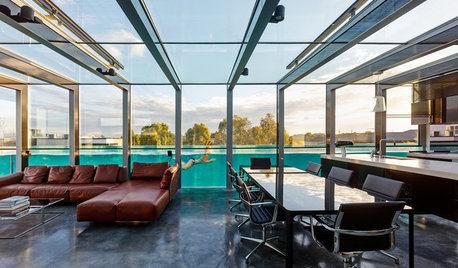
MATERIALSPro Panel: ‘The Material I Love to Work With Most’
7 experts weigh in on their favorite materials for walls, flooring, siding and counters
Full Story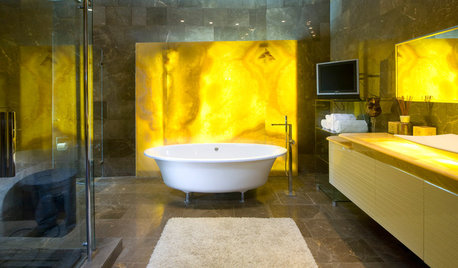
REMODELING GUIDESInspiring Materials: Honey Onyx
This Warm, Decorative Stone Adds Drama to Backsplashes, Counters, Fireplaces and More
Full Story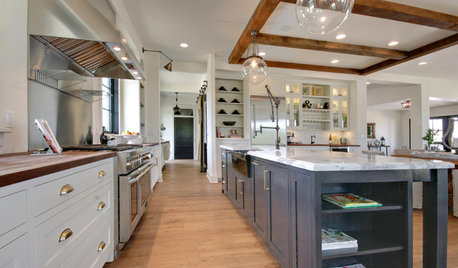
KITCHEN COUNTERTOPS10 Countertop Mashups for the Kitchen
Contrast or complement textures, tones and more by using a mix of materials for countertops and island tops
Full Story





mimsicOriginal Author